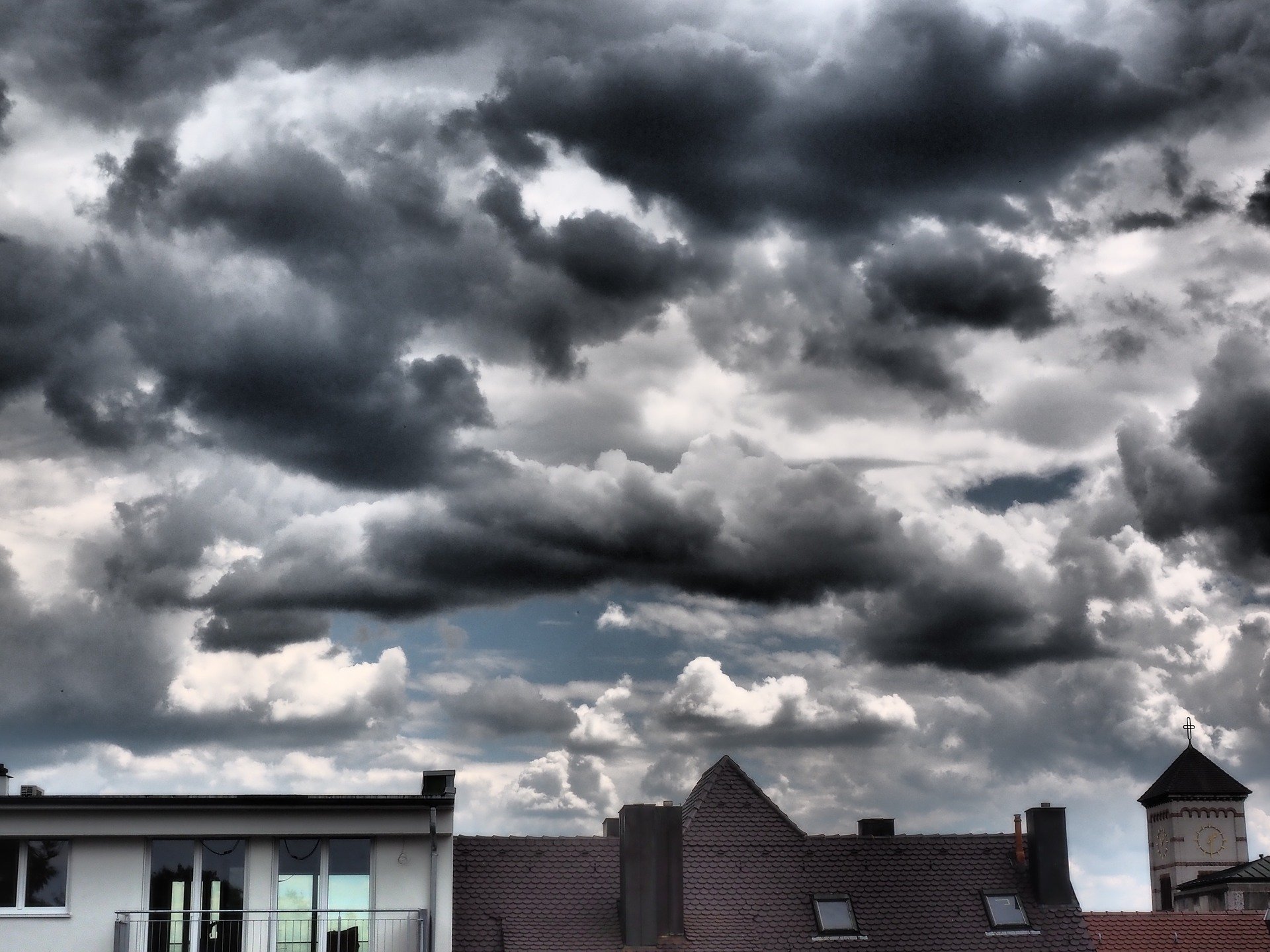 As you get ready to bundle up for winter, consider prepping your home, too. Several tips ensure it is protected and comfortable all season.
As you get ready to bundle up for winter, consider prepping your home, too. Several tips ensure it is protected and comfortable all season.
Inspect and Clean the Chimney
Whether you have a fireplace or wood stove, the chimney needs to be professionally cleaned and inspected. Remove any debris or creosote buildup, and repair any cracks or chips before you start your first fire of the season.
Change the Furnace Filter
Dust and other debris can compromise your furnace filter’s ability to do its job. Improve your furnace’s functionality and longevity when you change the filter this fall.
Install Detectors
Smoke detectors and carbon monoxide detectors are essential in your home year round but especially during the winter months. Install these detectors on each floor, and test them at least once a month.
Repair the Roof
By repairing roof leaks and loose shingles now, you prevent damaging leaks and expensive emergency repairs.
Trim Trees
High winds can blow tree branches into your home and cause extensive damage. Trim branches now as you protect your home.
Boost Insulation
An extra layer of insulation goes a long way towards keeping your home cozy. Consider insulating the hot water tank and water lines along your home’s exterior walls. You can also insulate the attic, basement, exterior walls, crawlspaces and outlets as you prepare your house for winter weather.
Apply Weatherproofing Materials
Windows and doors can be a major source of drafts and lost heat. Apply caulk or weather-stripping material to improve your comfort and reduce heating expenses. For even bigger savings, install insulated doors and thermal-pane or storm windows.
Stock an Emergency Kit
Power outages are common when heavy storms hit your area. Be prepared with an emergency kit. It can include items like extra non-perishable food, a manual can opener, bottled water, first aid kit, battery-powered radio, blankets, flashlight, batteries, hand sanitizer, portable toilet and activities.
Preparing your home for winter protects your investment. In addition to implementing these tips, ensure your home insurance is adequate. Then sit back and enjoy the season in comfort.
Read more

Are you a homeowner or contractor? Did you know that you are required to call the number ‘811’ before digging on any property so that you can be made aware of any underground lines (e.g. pipes, cables and associated utilities) buried in the area? Improper digging can lead to damage to underground lines that can disrupt service to an entire neighborhood, harm diggers or excavators, and even incur potential fines and repair costs.
In case you did not know, 811 is the national “Call Before You Dig” phone number designated by the Federal Communications Commission. This number was developed to eliminate the confusion of multiple “Call Before You Dig” numbers because it is easy to use, is the same for every state, and can help protect anyone who does dig from injury, expense and potential penalties.
What Happens After Calling 811?
All 811 calls are routed to a local One Call Center and the affected utilities. The utility will then send crews to the location to mark any underground lines for the homeowner or excavator for free.
Do Most People Call Before They Dig?
Believe it or not, in spite of all the potential danger and damage that can be caused, the answer is “no.” According to a recent national survey, 45 percent of American homeowners who plan to dig this year said that they would not call 811 beforehand.*
More Information
For more information about the 811 call system, visit http://www.call811.com. To download the most current industry Best Practices in connection with preventing damage to underground facilities, go to http://commongroundalliance.com/.
Read more
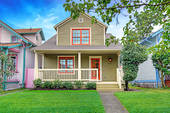 Enjoy longer days and warmer nights while protecting your investment.
Enjoy longer days and warmer nights while protecting your investment.
Summertime is the best time to be outside enjoying the weather. Make sure your deck or patio is ready for the summer sun by keeping in mind the seasonal maintenance tips below.
- Check deck or patio for possible deterioration and safety hazards such as loose boards and protruding nails.
- Check electrical outlets for potential fire hazards such as frayed wires or loose-fitting plugs. Be sure not to overload electrical outlets, fuse boxes, extension cords or any other power service.
- Check all window and door locks to ensure correct functioning. Make sure all locks are secure and there are no holes in any of the screens.
- Inspect recreational equipment for proper operation and possible dangers (e.g., Are swing sets secure, and do they contain any rusty bolts?).
- Carefully inspect your toilet. Look for the erosion of plastic floater valves, and check all pipe connections.
- Clean or replace your furnace filter.
- Clean the clothes dryer exhaust duct and space under the dryer. Remove all lint, dust and pieces of material.
- Inspect washing machine hoses periodically, and replace hoses that show signs of wear or leakage.
- Have your roof inspected by a professional once every few years to identify areas of potential leakage.
Read more
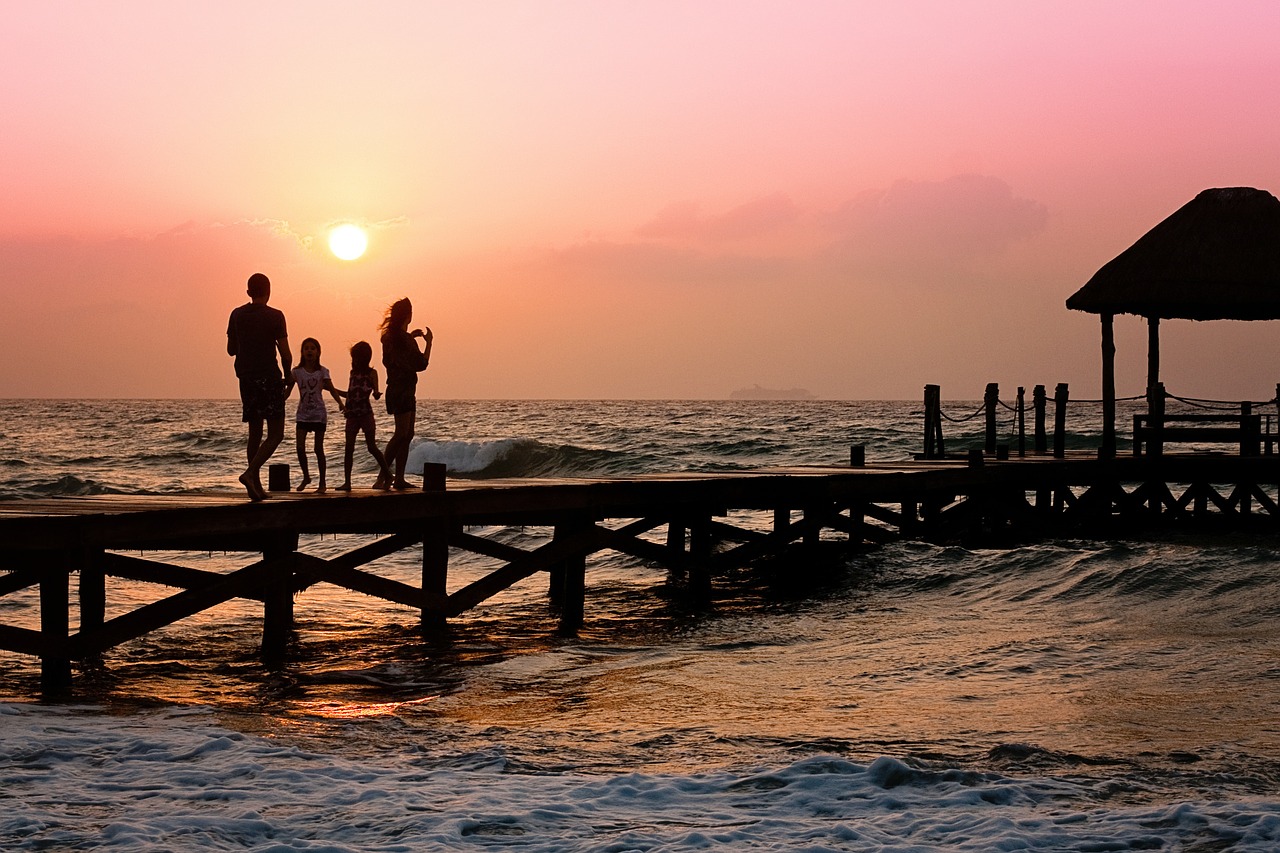 A vacation is your time to relax and enjoy life.
A vacation is your time to relax and enjoy life.
Vacation is for fun and relaxation. Help save yourself some worry about what could be happening at home by protecting it from theft and damage while you are away. Here is a checklist we have developed to help you have a relaxing and peaceful vacation.
- Make sure all electrical appliances are turned off.
- Clean the refrigerator of all perishable foods, and take out the garbage.
- Lock all windows and doors.
- Arrange to have the newspaper and mail held until your return, or have them picked up by a trusted neighbor.
- Arrange to have your lawn mowed (or snow shoveled) while you are away. Ask a neighbor to set out your trash on collection day and then retrieve empty cans and recycling bins the same day.
- Let a trusted neighbor know you will be away and have them keep an eye on your home. It is a good idea to leave your vacation address and telephone number with a neighbor so you can be reached in case of an emergency.
- Never leave your house key hidden outside your home.
- Set timers on interior lights.
- Make sure to unplug televisions, computers and appliances susceptible to lightning and power surges.
- Advise your alarm company and local police if you will be gone for an extended period.
- Store jewelry and valuable items in a safe-deposit box.
- Arrange for the care of pets.
- Set the heating system to provide minimum heat of 55 degrees.
Read more
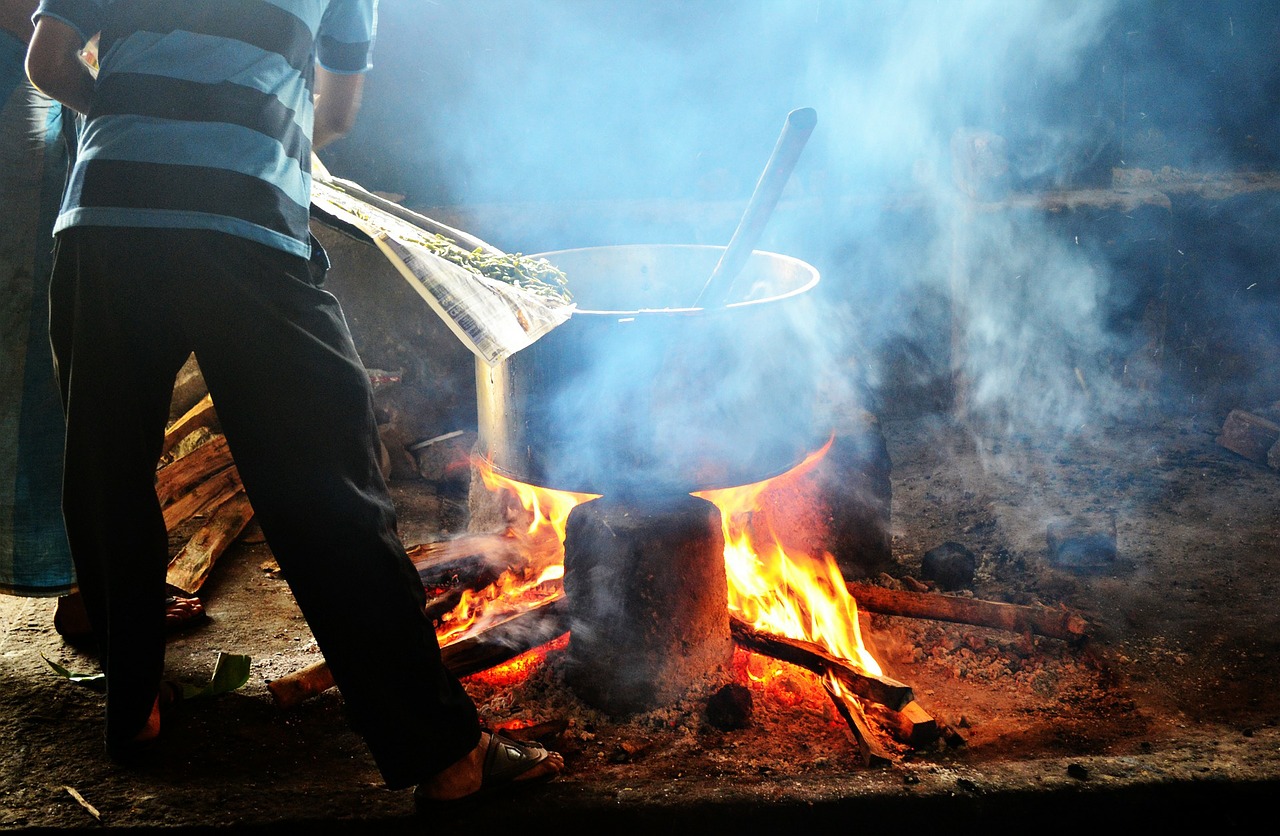 Cooking has long been and continues to be the most common cause of home structure fires and home fire-related injuries. Whether preparing for a family dinner or a quick snack, practicing safe cooking behaviors can help keep you and your family safe.
Cooking has long been and continues to be the most common cause of home structure fires and home fire-related injuries. Whether preparing for a family dinner or a quick snack, practicing safe cooking behaviors can help keep you and your family safe.
- Never leave your range or cooktop unattended while cooking. If you have to leave the room, turn your range or cooktop off.
- Wear short, close-fitting or tightly rolled sleeves. Loose clothing can hang down onto hot surfaces and can catch fire if it comes in contact with a gas flame or electric burner.
- Keep your cooking area clean and free of combustible materials. Food wrappers, oven mitts or other materials left on or near the stove may catch fire.
- Be sure to clean up any spilled or splattered grease. Built-up grease can catch fire in the oven or on the cooktop.
- Keep a fire extinguisher readily available. Having an extinguisher nearby is important, but you also need to have the correct type of extinguisher and know how to properly use it.
- Never throw hot grease in the garbage as it can ignite combustible materials.Be sure to let grease cool and dispose of it in an old can, such as a metal coffee can.
- Do not store food or other items in your oven. It can be easy to forget there is an item in your oven, and this could catch fire while preheating.
What to Do If a Cooking Fire Flares Up
By exercising caution at all times in your kitchen, you can help reduce the risk of a kitchen fire. But if a fire does flare up, you need to be prepared.
- Your safety should always come first. If you are unsure about whether it is safe to fight the fire, leave the scene, call 911 for help, and let the fire department control the fire.
- If a small fire flares up and you are going to attempt to extinguish it, call 911 for help first. A fire may grow out of control more quickly than you anticipate. It is safer to have help already on the way.
- Smother a grease fire – never throw water on a grease fire. The super-heated water can change to steam, and can cause severe burns. Oil also can splash and spread the fire. If a grease fire starts in a pan, smother the flames by sliding the lid – while wearing an oven mitt – over the pan. If safe to do so, turn off the heat source. Do not move the pan, and keep the lid on until the fire is out and the pan is completely cool.
- If a fire starts in your oven, keep the door closed and turn off the heat source.Keeping the door closed will help smother the flames. Do not open the door until the flames are completely out.
- If a fire starts in your microwave, turn off the microwave and do not open it until the fire is completely out. Unplug the microwave only if you can safely do so.
Read more
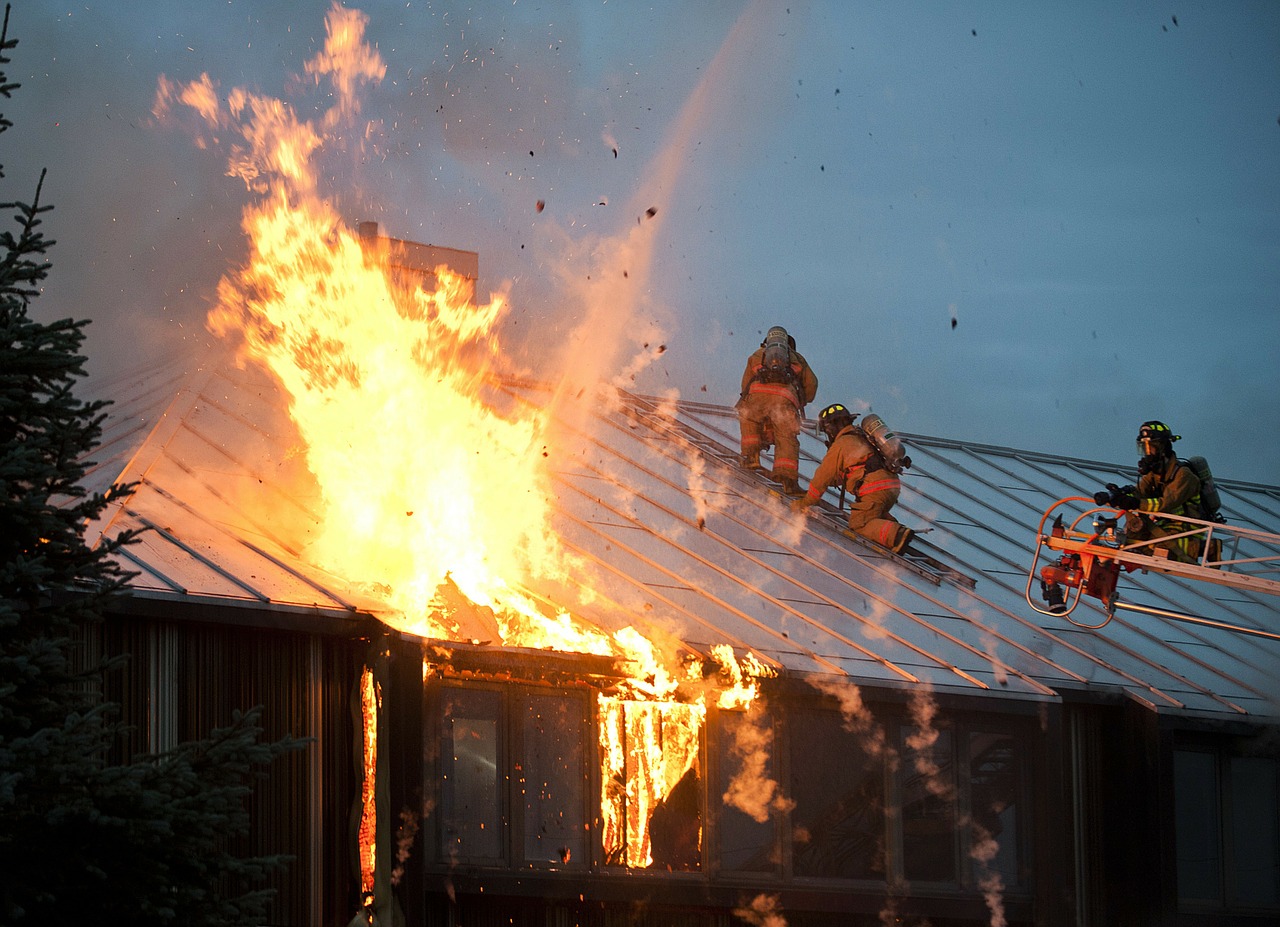 Using our claim data, we have developed a list of the most common causes of fire-related losses as well as some things you can do to help prevent them.
Using our claim data, we have developed a list of the most common causes of fire-related losses as well as some things you can do to help prevent them.
Faulty Wiring and Outlets Are One of the Top Causes of House Fires.
- Check the electrical cords throughout your home for signs of fraying, and replace all frayed wires.
- Do not pinch or cover electrical cords with items such as rugs.
- Be aware of the capacity of your home’s electrical system. Do not overload your circuits. If you have questions about your home’s electrical system, you may want to consult a licensed electrician.
- Understand the difference between surge protectors and power strips – both allow you to plug in multiple electronic devices, but only the surge protector will help protect these devices from a power spike. Use surge protectors to protect valuable electronic devices, such as computers and televisions.
Carelessness in the Kitchen May Also Lead to a House Fire.
- Never leave your pots or pans unattended on your stove.
- Keep a kitchen fire extinguisher readily available and know how to use it.
- Keep your stove and oven clean. Built up food splatter or grease can later ignite when the stove or oven is turned on for cooking.
- Read more tips to help prevent cooking fires, and what to do if one occurs.
Clothes Dryers are Another Common Source of House Fires.
- If you are installing your own dryer vent, follow the directions in the manufacturer’s installation instructions, using the recommended duct material. If you are unsure about how to properly install the vent, consider hiring a professional to do the installation.
- Clean out the dryer vent regularly.
- Clean out the lint filter after each load.
- Lint may also collect under and behind your dryer, so do not forget to clean these areas.
Alternative Heating Sources May Also Create a Fire Hazard.
- Avoid using an older space heater, as it may not have adequate safety features compared to newer units. When purchasing a new space heater, ensure it is UL Listed and pay attention to the safety features.
- Do not place a space heater near furniture, curtains or other objects that could easily catch fire.
- If you plan to install an alternative heating system, such as a wood or pellet stove, follow the instructions. If you are unsure about how to properly install the system, consider hiring a professional to do the installation.
- Before installing a wood or pellet stove, check to ensure it complies with the laws of your state and municipality.
Dirty Chimneys Also Pose a Fire Hazard.
- Have your chimney inspected annually by a Chimney Safety Institute of America (CSIA)-certified chimney sweep. Have a professional clean and repair the chimney as needed, especially before the cold months, when you will be using it frequently.
- Use seasoned wood only. Never burn green or damp wood.
- Never burn cardboard boxes, wrapping paper, trash or trees in your fireplace – these can all spark chimney fires.
Read more
 As you get ready to bundle up for winter, consider prepping your home, too. Several tips ensure it is protected and comfortable all season.
As you get ready to bundle up for winter, consider prepping your home, too. Several tips ensure it is protected and comfortable all season.


 A vacation is your time to relax and enjoy life.
A vacation is your time to relax and enjoy life.
